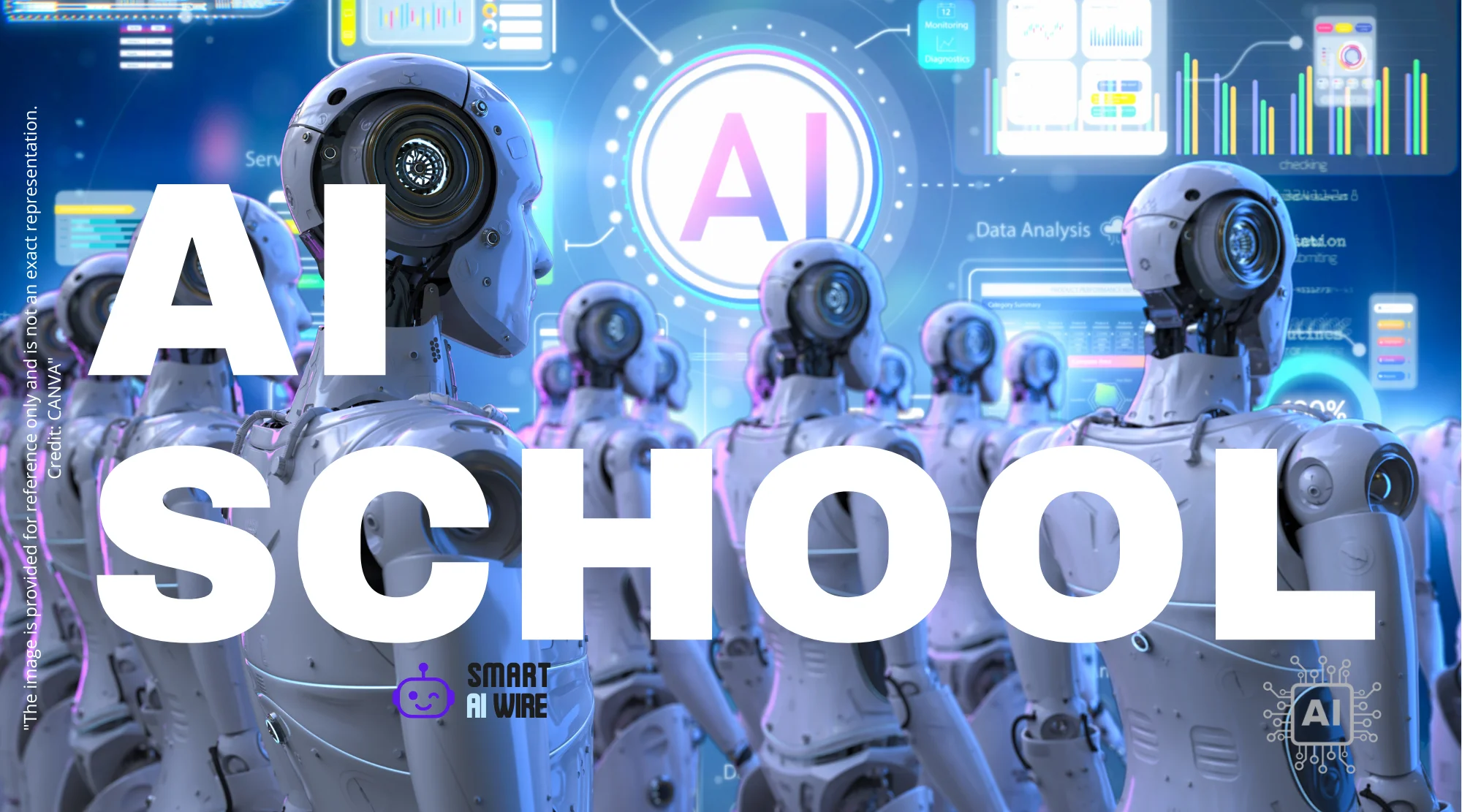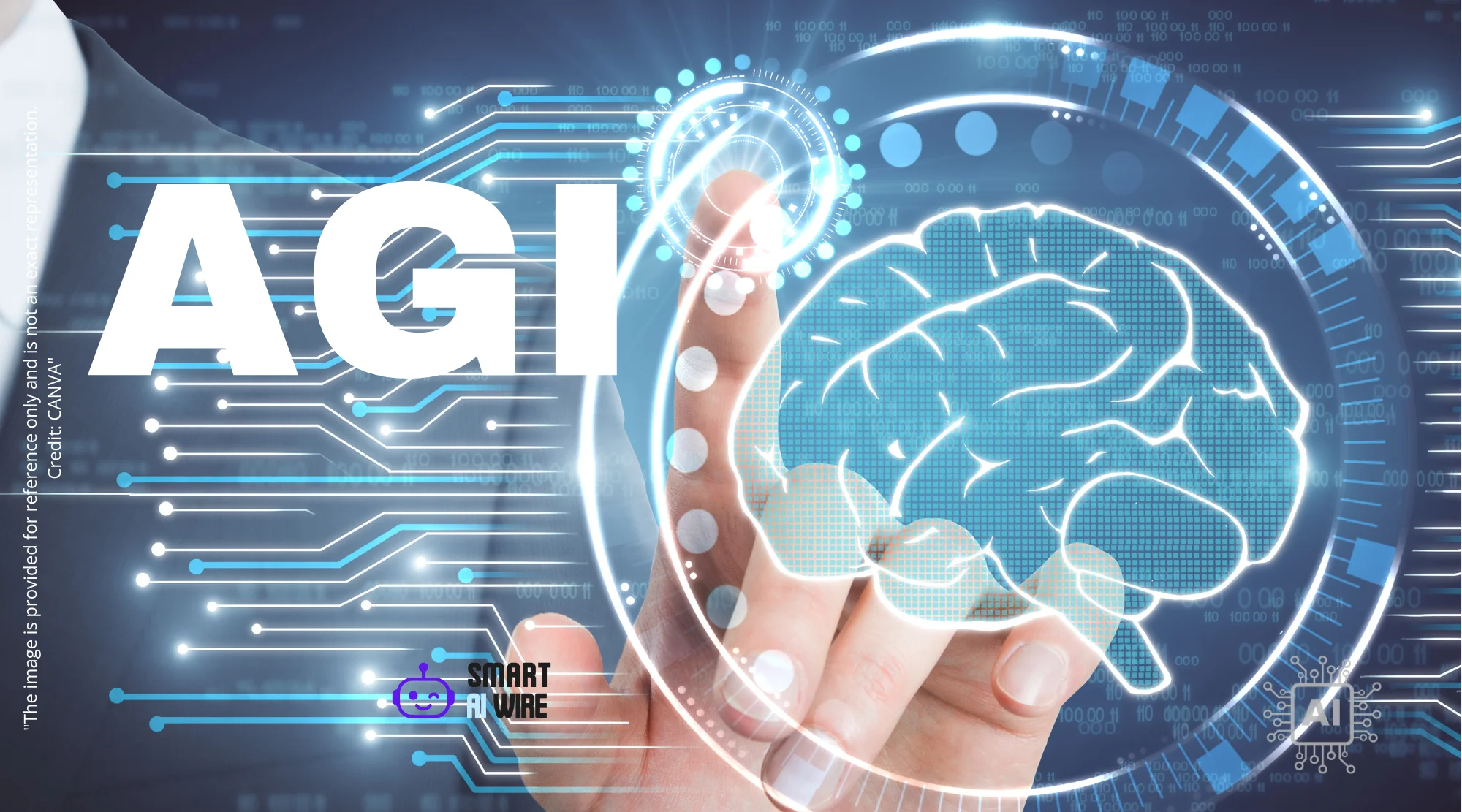The rise of artificial intelligence (AI) has sparked both excitement and anxiety, particularly when it comes to its impact on the job market. Will robots take over, leaving millions unemployed? Or will AI augment human capabilities, creating new opportunities and enhancing existing roles? Understanding which jobs AI will replace and which are likely to remain secure is crucial for individuals, businesses, and policymakers alike. This article explores the current landscape of AI and its potential effects on various industries, providing insights into navigating this rapidly evolving technological revolution.

The Looming Transformation: How AI is Reshaping the Workplace
The integration of AI into various sectors is no longer a futuristic concept; it’s happening now. AI’s ability to automate tasks, analyze vast datasets, and even generate creative content is changing the fundamental nature of work. But the impact isn’t uniform. Some jobs are clearly more vulnerable to automation than others.
Consider tasks that are repetitive, rule-based, and require little to no emotional intelligence. Data entry, basic customer service, and certain manufacturing roles fall into this category. AI excels at these tasks, often performing them faster, more accurately, and at a lower cost than human workers. This doesn’t necessarily mean wholesale job losses, but rather a shift in responsibilities, requiring humans to focus on tasks that require uniquely human skills.
Jobs at Risk: Sectors Facing the Greatest AI Disruption
Several industries are poised for significant disruption due to advancements in AI. Understanding these vulnerable sectors can help individuals prepare for potential career transitions or upskilling opportunities.
Data Entry and Clerical Work: Automation is already impacting roles that involve repetitive data input and processing. AI-powered systems can handle these tasks with greater efficiency, reducing the need for human intervention.
Manufacturing and Production: Robots and AI-powered systems are increasingly used in manufacturing plants for assembly, quality control, and logistics. This trend is likely to continue, potentially leading to job displacement in certain areas.
Transportation: Self-driving vehicles have the potential to revolutionize the transportation industry, impacting truck drivers, taxi drivers, and delivery personnel. While fully autonomous vehicles are not yet widespread, significant progress is being made in this field.
Customer Service: AI-powered chatbots and virtual assistants are becoming increasingly sophisticated, capable of handling a wide range of customer inquiries and support requests. This trend could lead to a reduction in the demand for human customer service representatives.
Accounting and Finance: AI is being used to automate tasks such as bookkeeping, auditing, and financial analysis. While accountants and financial professionals will still be needed, their roles may evolve to focus on more complex tasks such as strategic planning and risk management.
It’s important to remember that job displacement doesn’t always equal job elimination. Often, AI takes over mundane tasks, freeing up employees to focus on more strategic and creative aspects of their jobs. To learn more about how to adapt to this changing landscape, consider exploring resources on prompt engineering, a skill that’s becoming increasingly valuable. (Internal link: Become a Prompt Engineer: Skills, Tools & Learning Path)
The Safe Zone: Jobs Requiring Human Skills
While AI is poised to transform many industries, certain skills remain inherently human and difficult for machines to replicate. Jobs that require creativity, empathy, critical thinking, and complex problem-solving are likely to remain in demand.
Creative Professions: Artists, writers, designers, and musicians rely on creativity and originality, qualities that are difficult for AI to fully replicate. While AI can assist with certain creative tasks, the core creative process still requires human input.
Healthcare Professionals: Doctors, nurses, and therapists provide essential care and emotional support to patients. These roles require empathy, critical thinking, and the ability to make complex decisions in dynamic situations.
Educators: Teachers play a crucial role in shaping the minds of future generations. They provide personalized instruction, mentorship, and emotional support, qualities that are difficult for AI to replicate. AI can be used to assist educators, as explored in this article about emotional support in exam prep (Internal Link: AI for Educators: Opospills’ Emotional Support Revolutionizes Exam Prep)
Social Workers: Social workers provide support and advocacy for vulnerable populations. They require empathy, communication skills, and the ability to navigate complex social systems.
Managers and Leaders: Effective managers and leaders possess strong interpersonal skills, the ability to motivate and inspire teams, and the capacity to make strategic decisions. These qualities are difficult for AI to replicate.
Skilled Trades: Plumbers, electricians, carpenters, and other skilled tradespeople require specialized knowledge and manual dexterity that are difficult to automate.
These are just a few examples of jobs that are likely to remain in demand despite the rise of AI. It’s important to note that even in these fields, AI will likely play an increasingly important role in assisting human workers, augmenting their capabilities, and improving efficiency.
Preparing for the Future: Upskilling and Adapting to the AI Era
The key to navigating the AI revolution is to embrace lifelong learning and develop skills that are complementary to AI. This includes focusing on areas such as:
Critical Thinking and Problem-Solving: AI can analyze data and identify patterns, but humans are still needed to interpret the results and make informed decisions.
Creativity and Innovation: AI can assist with creative tasks, but humans are still needed to generate original ideas and concepts.
Emotional Intelligence: AI lacks empathy and the ability to understand and respond to human emotions. Developing strong emotional intelligence skills will be crucial for success in the AI era.
Communication and Collaboration: AI can facilitate communication, but humans are still needed to build relationships and work effectively in teams.
Technical Skills: While not everyone needs to become a programmer, having a basic understanding of AI and related technologies can be beneficial.
Investing in education and training programs that focus on these skills will be essential for individuals and businesses alike.
The Ethical Considerations: Navigating the Potential Downsides of AI
While AI offers many potential benefits, it also raises important ethical considerations. It’s crucial to navigate these challenges responsibly to ensure that AI is used for good and that its benefits are shared by all.
One key concern is bias. AI systems are trained on data, and if that data reflects existing societal biases, the AI system will perpetuate those biases. This can lead to unfair or discriminatory outcomes, particularly in areas such as hiring, lending, and criminal justice.
Another concern is job displacement. While AI may create new jobs, it’s also likely to displace workers in certain industries. It’s important to provide support and retraining opportunities for those who are affected by job losses.
Privacy is another critical issue. AI systems often collect and analyze vast amounts of data, raising concerns about privacy and security. It’s important to develop regulations and safeguards to protect individuals’ privacy rights.
Finally, there are concerns about the potential for AI to be used for malicious purposes, such as creating autonomous weapons or spreading misinformation. It’s crucial to develop ethical guidelines and regulations to prevent the misuse of AI.
One aspect of ethical consideration is content generation, which is discussed in this article (Internal Link: Grok AI Ethics: Navigating the Complexities of Content Generation and Safety).
AI in Business: Transforming Operations and Creating Value
Businesses that embrace AI can gain a significant competitive advantage. AI can be used to automate tasks, improve efficiency, personalize customer experiences, and develop new products and services.
For example, AI can be used to optimize supply chains, predict demand, and personalize marketing campaigns. It can also be used to develop new AI-powered products and services, such as chatbots, virtual assistants, and self-driving vehicles.
However, it’s important to approach AI implementation strategically. Businesses need to identify specific problems that AI can solve and develop a clear plan for integrating AI into their operations. They also need to ensure that their employees have the skills and training they need to work with AI.
The Future of Work: A Collaborative Partnership Between Humans and AI
The future of work is not about humans versus AI, but rather a collaborative partnership between humans and AI. AI can automate tasks and provide insights, while humans can focus on creative, strategic, and interpersonal tasks.
In this future, humans will need to develop new skills, such as prompt engineering (Internal Link: Prompt Engineer: Your Guide to AI’s New Frontier), to effectively work with AI. They will also need to be adaptable and willing to learn new things throughout their careers.
Businesses will need to create a culture of lifelong learning and provide employees with the training and support they need to succeed in the AI era. They will also need to be mindful of the ethical implications of AI and ensure that it is used responsibly.
As technology advances, so does the nature of cyber threats. To safeguard your data in this evolving landscape, understanding vulnerabilities is crucial, and implementing robust security measures is paramount. (External Link: https://www.securitymagazine.com/)
Conclusion: Embracing the Change and Shaping a Better Future
The AI revolution is transforming the world of work in profound ways. While some jobs are at risk of automation, others are likely to remain in demand, and new opportunities are emerging. By embracing lifelong learning, developing skills that are complementary to AI, and navigating the ethical challenges responsibly, we can shape a future where AI benefits everyone. The key is to view AI not as a threat, but as a powerful tool that can help us create a more productive, fulfilling, and equitable future for all. This transformation requires adaptability and a willingness to explore new career paths and develop new skills. To prepare for this shift, investing in education and training is more important than ever. Consider exploring resources to help you master the art of using AI, such as guides to crafting effective AI prompts. (External Link: https://www.promptingguide.ai/) Ultimately, the future of work will depend on our ability to embrace change, adapt to new technologies, and work together to create a future where humans and AI can thrive. Businesses must also embrace AI to increase productivity. (External Link: https://www.mckinsey.com/)




One thought on “Will AI Take My Job? Identifying Safe and Vulnerable Roles”